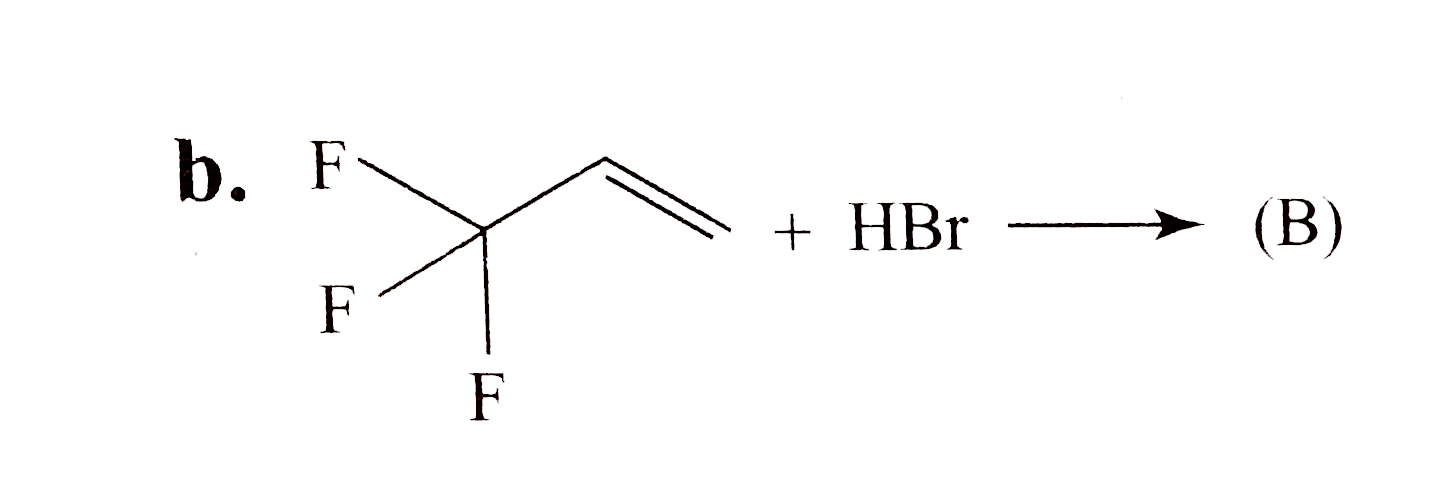Which of the following STD is/ are completely curable if detected early and treated properly? a) Hepatitis-B b) Genital Herpes c) HIV d) Chlamydiasis e) Gonorrhea f) Syphilis
only (d)
(a), (b) and (d) only
(d), (e) and (f) only
(a), (b), (c), (d), (e) & (f)
The correct Answer is:C
To determine which sexually transmitted diseases (STDs) are completely curable if detected early and treated properly, we will analyze each option given in the question.
Step 1: Understand the question
The question asks which STDs are completely curable with early detection and proper treatment.
Step 2: List the STDs mentioned
The STDs listed in the question are:
- a) Hepatitis-B
- b) Genital Herpes
- c) HIV
- d) Chlamydiasis
- e) Gonorrhea
- f) Syphilis
Step 3: Identify curable vs. non-curable STDs
1. Hepatitis-B: This is a viral infection that can be managed but is not completely curable.
2. Genital Herpes: This is caused by the herpes simplex virus and is also not curable.
3. HIV: This virus leads to AIDS and is currently not curable, though it can be managed with antiretroviral therapy.
4. Chlamydiasis: This is a bacterial infection and is completely curable with antibiotics if detected early.
5. Gonorrhea: This is also a bacterial infection and can be cured with appropriate antibiotics if treated early.
6. Syphilis: This is a bacterial infection that is completely curable with proper antibiotic treatment if detected early.
Step 4: Compile the results
From the analysis:
- Curable STDs: Chlamydiasis (d), Gonorrhea (e), Syphilis (f)
- Non-curable STDs: Hepatitis-B (a), Genital Herpes (b), HIV (c)
Step 5: Final answer
The STDs that are completely curable if detected early and treated properly are:
- Chlamydiasis (d)
- Gonorrhea (e)
- Syphilis (f)
Thus, the correct answer is d, e, and f.
---
The question asks which STDs are completely curable with early detection and proper treatment.
The STDs listed in the question are:
- a) Hepatitis-B
- b) Genital Herpes
- c) HIV
- d) Chlamydiasis
- e) Gonorrhea
- f) Syphilis
1. Hepatitis-B: This is a viral infection that can be managed but is not completely curable.
2. Genital Herpes: This is caused by the herpes simplex virus and is also not curable.
3. HIV: This virus leads to AIDS and is currently not curable, though it can be managed with antiretroviral therapy.
4. Chlamydiasis: This is a bacterial infection and is completely curable with antibiotics if detected early.
5. Gonorrhea: This is also a bacterial infection and can be cured with appropriate antibiotics if treated early.
6. Syphilis: This is a bacterial infection that is completely curable with proper antibiotic treatment if detected early.
From the analysis:
- Curable STDs: Chlamydiasis (d), Gonorrhea (e), Syphilis (f)
- Non-curable STDs: Hepatitis-B (a), Genital Herpes (b), HIV (c)
The STDs that are completely curable if detected early and treated properly are:
- Chlamydiasis (d)
- Gonorrhea (e)
- Syphilis (f)
Topper's Solved these Questions
Similar Questions
Knowledge Check
Which of the following is correct regarding HIV, hepatitis B, gonorrhoea, trichomoniasis ?
ATrichomoniasis is an STD whereas others are notBGonorrhoea is a viral disease whereas others are bacterialCHIV is a pathogen whereas others are dieasesDHeptitis B is eradicated completely whereas others are not.
How many from the following are non - curable viral diseases in humans ?
( Syphilis, Genital herpes, chlamydiasis, Hepatitis - B,Gonorrhoea, Trichomoniasis, AIDS )
View SolutionWhich of the following STDs cannot be treated with antibiotics ?
A. Gonorrhoea B. Syphilis
C. Chlamydia D. Genital herpes
View SolutionWhich of the following STDs cannot be treated with antibiotics ?
A. Gonorrhoea B. Syphilis
C. Chlamydia D. Genital herpes
View SolutionWhich of the following is correct regarding HIV, hepatitis B, gonorrhoea, trichomoniasis?
View SolutionAll of the following are common infectious disease except
(a) Common cold
(b) Hepatitis-B
(c) Cancer
(d) Ringworm
View SolutionWhich of the following is a source for production of hepatitis B vaccine?
(a) Pig's intestine
(b) Escherichia coli
(c) Yeast
(d) Cattle's pancreas
View SolutionComplete the following reactions :
a.
b.
c.
d.
e.
View Solution
